Daily Quizzes
Mock Tests
No tests attempted yet.
Select Category
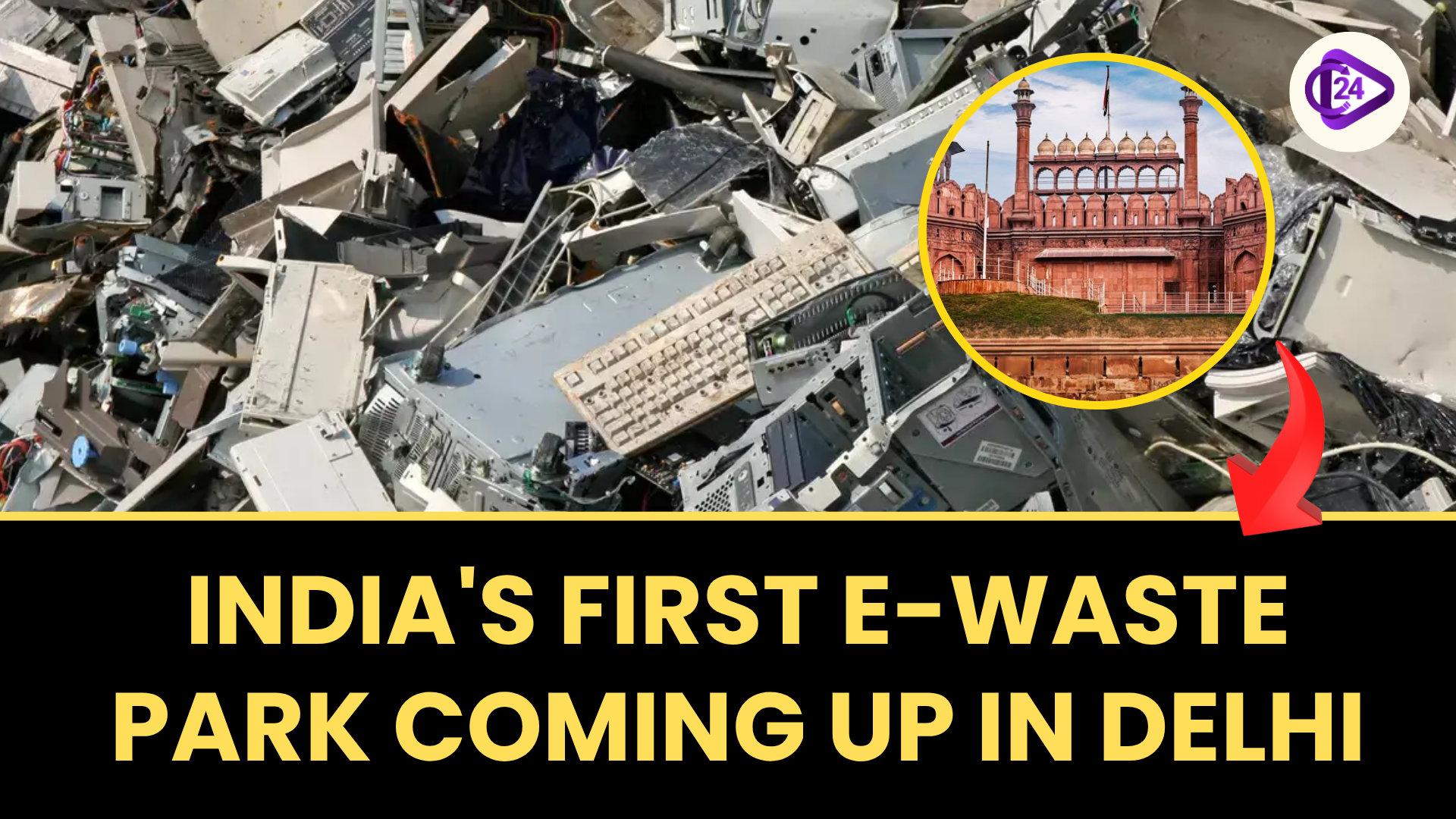
The Environment Minister Manjinder Singh Sirsa has confirmed that the first e-waste (e-waste) eco park in India will be made in Holambi Kalan, North Delhi. The government will build the facility together with private companies following the Public-Private Partnership (PPP) arrangement on land that spans 11.4 acres. Set to manage up to 51,000 tonnes of e-waste every year, this project matches the E-Waste Management Rules from 2022. The park will address rubbish management and also train workers from the informal sector on safe ways to recycle. One purpose of the project is to contribute greatly to the circular economy in Delhi and make a significant amount of revenue.
Context
-
Delhi is set to have India’s first e-waste recycling eco park that will process 51,000 tonnes every year.
-
Created under a PPP model, this facility will help informal workers learn new skills and encourage the circular approach in the capital.
Key Points of E-Waste Eco Park
Location and Design
-
Location: Holambi Kalan, North Delhi.
-
Size: 11.4 acres.
-
Construction Period: Expected to be completed within 18 months.
Processing Capacity
-
51,000 tonnes of e-waste can be processed by this plant each year.
-
All types of e-waste, including the 106 listed by the E-Waste Management Rules of 2022, are managed by it.
Economic Model
-
Public-Private Partnership (PPP): The DBFOT model is used for building it.
-
Concession period: 15 year
-
Revenue from the event may reach over ₹350 crore.
Worker Training
-
Training should be offered to workers dealing with hazardous e-waste as it’s critical for their skill growth.
-
Ensure that our recycling actions are safe and help us create a greener workplace.
Impact on the Environment and on the Economy
-
It expresses Delhi’s initiative to adopt circular economics principles, aiming at avoiding waste and reusing resources.
-
The facility will take care of hazardous electronic waste, making sure the surroundings are clean.
Conclusion
Delhi hosting India’s first e-waste recycling park is a big achievement for building a sustainable circular economy. Through the use of advanced green practices and helping workers learn new skills, the park deals with waste and supports those who live in the community. Since India’s waste management policies are developing, this initiative matches its goals and can become a reference model for others.



 Wool production in India
Wool production in India Renowned Sociologist Andre Beteille Dies In Delhi at 91
Renowned Sociologist Andre Beteille Dies In Delhi at 91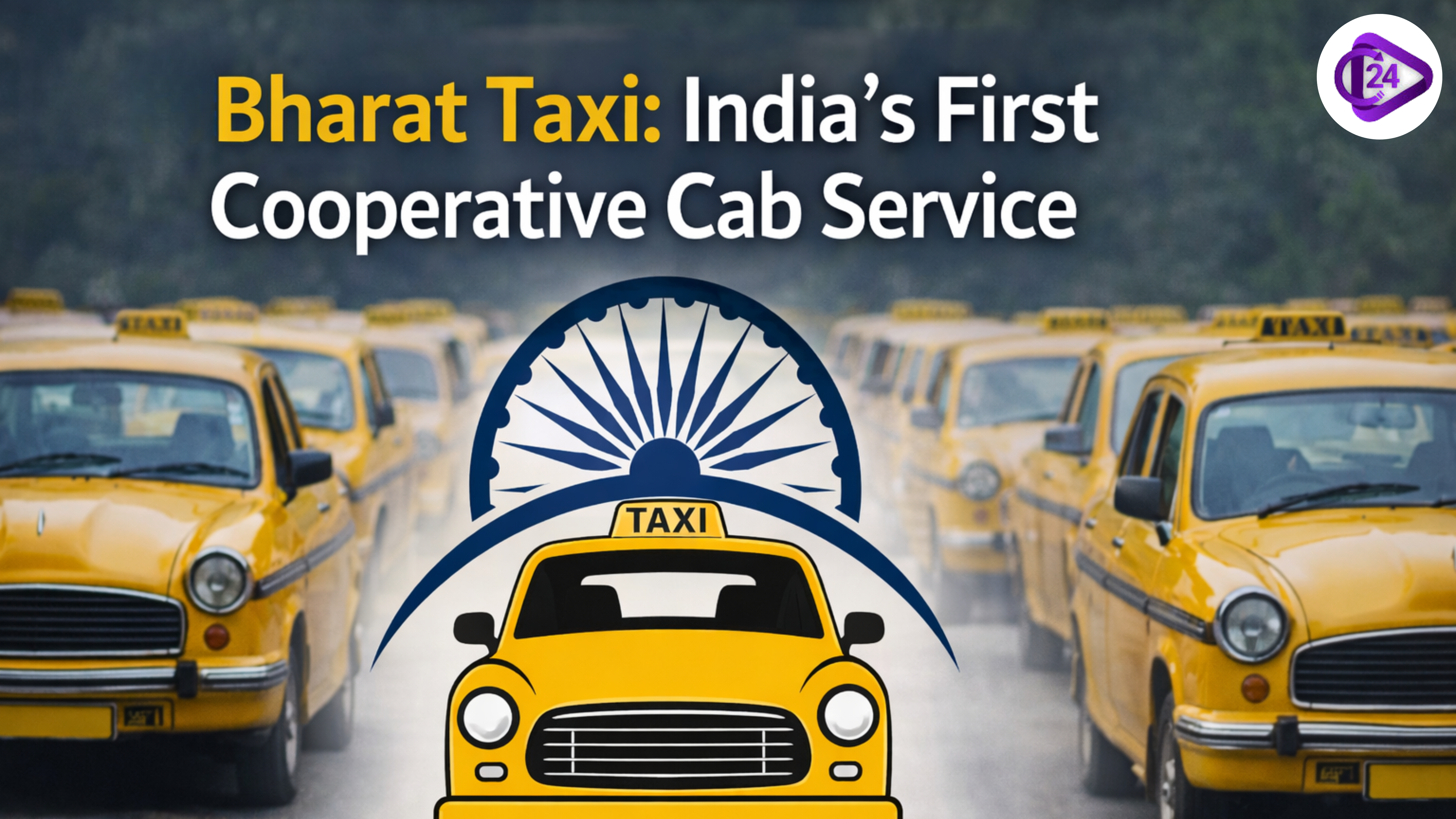 Bharat Taxi: India’s First Cooperative Cab Service To Be Launched Today
Bharat Taxi: India’s First Cooperative Cab Service To Be Launched Today 5th edition of Rüsoma Orange Festival begins in Nagaland
5th edition of Rüsoma Orange Festival begins in Nagaland Indian Railways Launches First-Ever LNG-Diesel Dual-Fuel DEMU Train in Ahmedabad
Indian Railways Launches First-Ever LNG-Diesel Dual-Fuel DEMU Train in Ahmedabad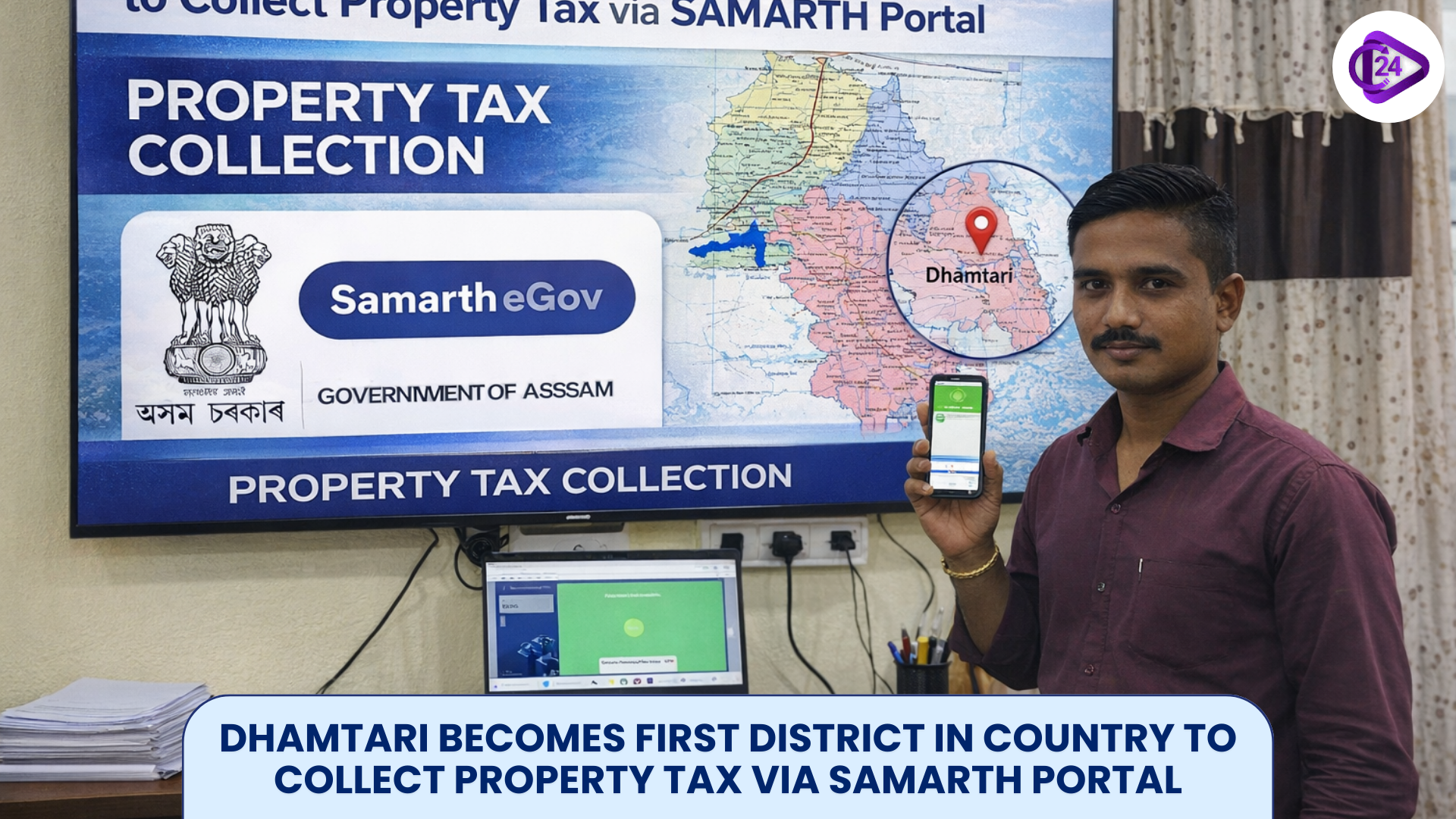 Dhamtari Becomes First District in Country to Collect Property Tax via SAMARTH Portal
Dhamtari Becomes First District in Country to Collect Property Tax via SAMARTH Portal Neolithic Relics Found at Lakkundi Excavation in Karnataka
Neolithic Relics Found at Lakkundi Excavation in Karnataka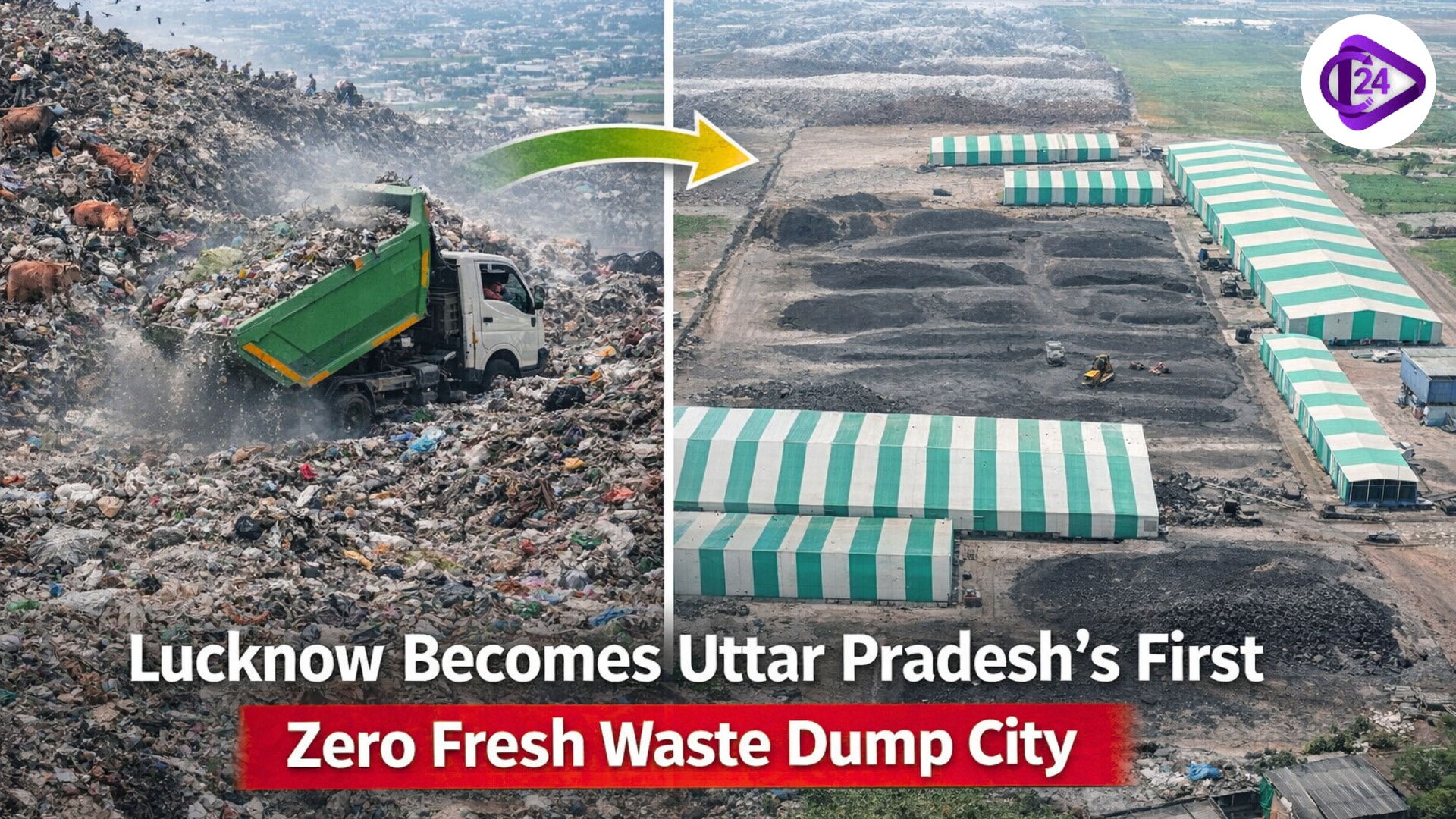 Lucknow Leads as UP’s First Zero Fresh Waste Dump City
Lucknow Leads as UP’s First Zero Fresh Waste Dump City India’s Demographic Dividend is Turning into a Divide
India’s Demographic Dividend is Turning into a Divide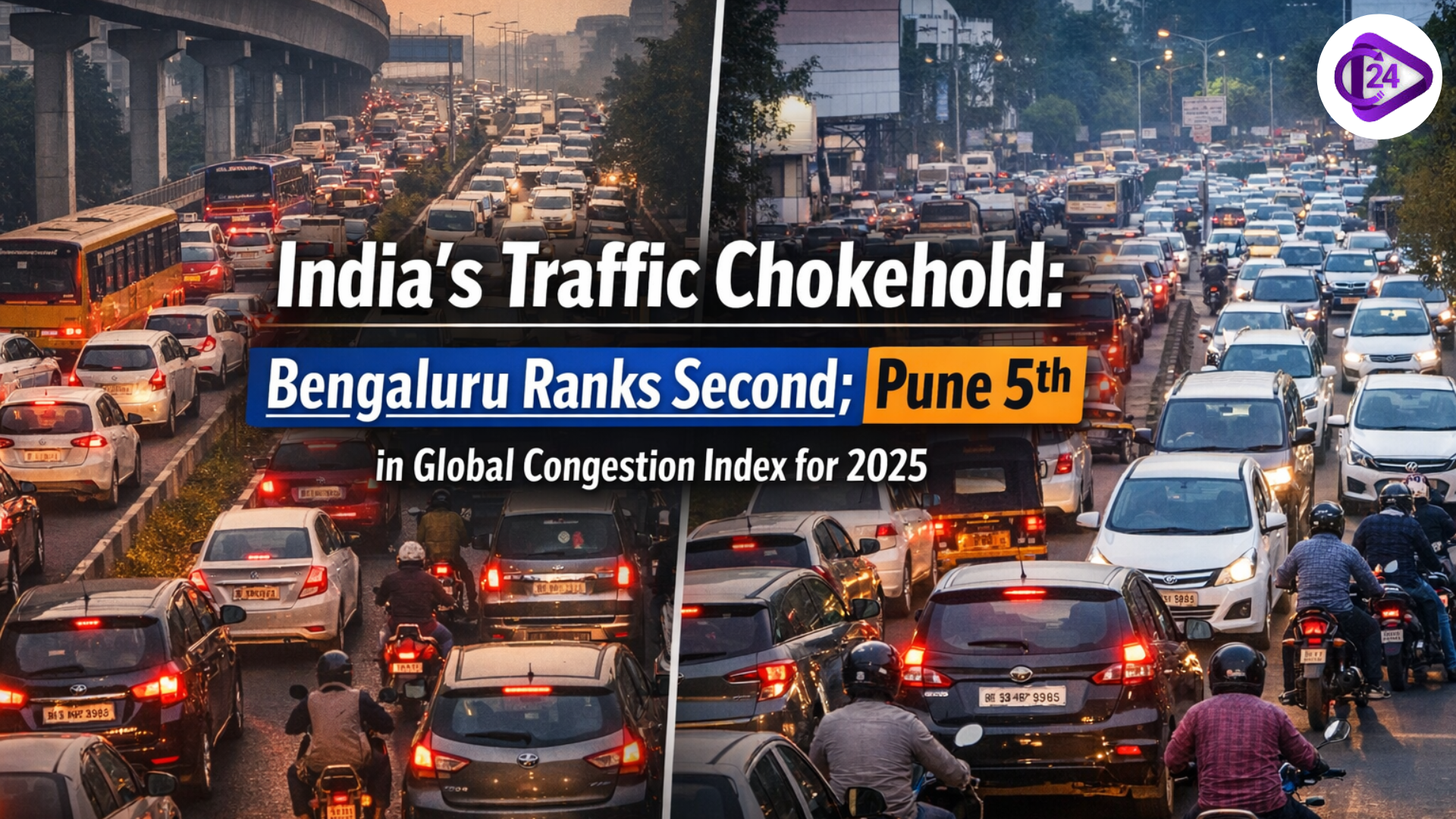 India’s Traffic Chokehold: Bengaluru Ranks Second; Pune 5th in Global Congestion Index for 2025
India’s Traffic Chokehold: Bengaluru Ranks Second; Pune 5th in Global Congestion Index for 2025






